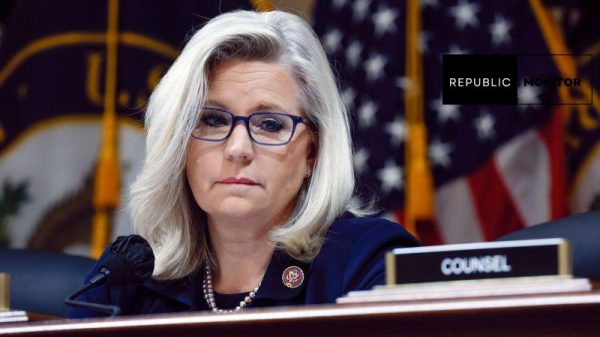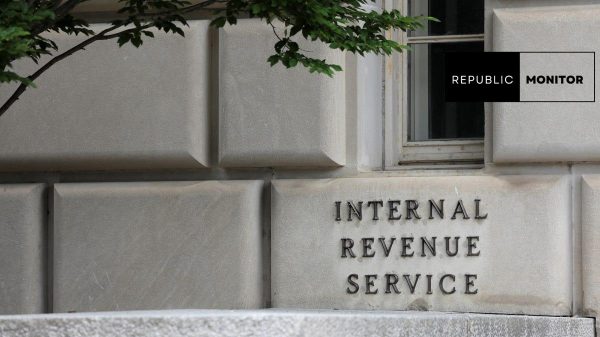To boost domestic production and reduce dependence on foreign competitors, the Biden administration has introduced strict limits on the amount of Chinese content eligible for electric vehicle (EV) tax credits. These measures, which came into force on January 1, 2024, directly impact battery components and will also apply to battery-critical minerals in 2025.
Under the new guidelines, vehicles must meet certain battery materials and assembly requirements to qualify for the $7,500 federal tax credit. Critical mineral sourcing requirements specify that a certain percentage of battery minerals, such as nickel and lithium, must be sourced from North America or a U.S.free trade agreement partner. Additionally, battery component manufacturing requirements require that a certain percentage of battery components be manufactured in North America.

These restrictions are aimed at addressing concerns about the United States’ dependence on China for critical components for electric vehicles. China currently dominates the global electric vehicle battery supply chain, controlling more than 75% of battery production capacity. This dependence raises concerns about supply chain disruptions and potential risks to national security.
The new regulations caused mixed reactions in the auto industry. While some automakers support the goal of reducing dependence on China, others have expressed concerns about the potential impact on electric vehicle production and prices. Critics say the restrictions could raise the price of electric cars, slow their uptake and derail progress towards climate goals.
The Biden administration is aware of these concerns and has emphasized the importance of balancing supply chain safety with the adoption of electric vehicles. The government has indicated that it may consider adjusting the rules as the domestic electric vehicle battery industry matures.
Imposing these restrictions on Chinese content is an important step in the United States’ efforts to secure its electric vehicle supply chain and reduce its dependence on foreign adversaries. While the impact on electric vehicle production and affordability remains uncertain, the move reflects increased attention to supply chain security and the critical role of electric vehicles in the transition to a clean energy future.
















